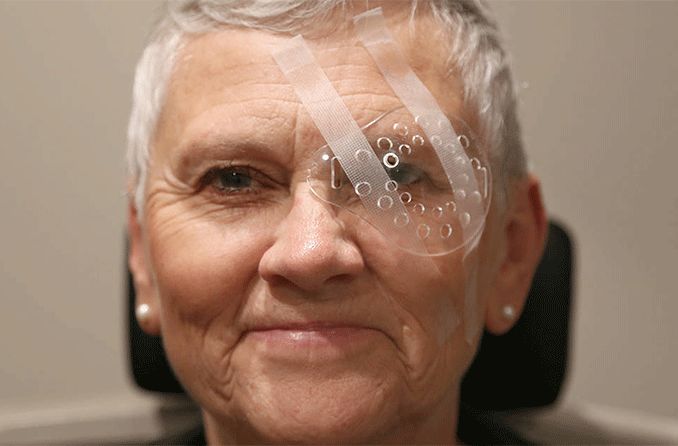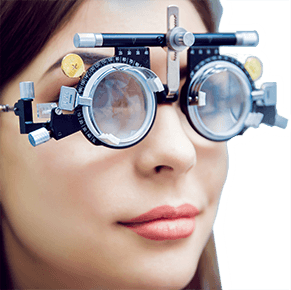Cataract surgery recovery: 8 tips to shorten recovery time

Your cataract surgery recovery should be short and uneventful, as long as your health is good and you don't have other major eye problems.
Statistics also show that your chances of a good outcome and sharper vision after surgery are excellent.
Uncomplicated cataract surgery often takes no longer than about 10 minutes to perform. But immediately after the surgery, you will need to rest in a recovery area until you are less groggy from sedation or anesthesia. Typically, this takes about 30 minutes to an hour.
You must have someone available to drive you home after the procedure. You'll be given a pair of sunglasses to wear on the trip home to protect your eye from bright light and glare.
If you are sleepy or tired when you get home, you might want to rest in bed for a few hours. Depending on your cataract surgeon's advice, you may be able to remove the protective shield placed over your eye within several hours after the procedure.
Tape the shield back over your eye at night or during naps, for protection while you recover from cataract surgery, at least for several days.
SEE RELATED: Laser cataract surgery: A closer look
Typical cataract surgery recovery time
Don't be alarmed if your vision seems cloudy, blurry or distorted after you first remove the eye shield. It can take some time for your visual system to adjust to the removal of the cataract and adapt to the intraocular lens used to replace your eye's natural lens.
During this adaptation period, some patients even report seeing "wavy" vision or distortions. This phenomenon, if present, should last only an hour or so.
You may also develop red and bloodshot eyes because of temporary damage to blood vessels on the surface of the "white" of your eye (sclera) during cataract surgery. As your eye heals, the redness should become less noticeable within several days.
If you received an injection of anesthesia through the skin into the lower portion of your eye, you might notice some bruising similar to a black eye. This, too, should fade within a few days.
Many patients report clear vision within several hours after cataract surgery. But each person heals differently, and you may need as long as a week or two before you see images in their sharpest focus.
Typically, you will have a follow-up appointment with your cataract surgeon the day after the procedure to make sure there are no complications. If you don't notice any improvement in blurry vision or you feel eye pain or significant discomfort in the days following this visit, you should report this to your surgeon.
Sometimes people report some dry eye or "scratchiness" after cataract surgery. But these sensations should subside as your eye heals, unless you already had problems with dry eyes prior to having the procedure.
Your cataract surgery recovery should be complete in about a month, when your eye is completely healed.
Minimize cataract surgery recovery time
You might be surprised at how good you feel and how easily you will be able to resume normal activities even the day after cataract surgery.
However, you should observe a few precautions during the first week or so, to make sure you avoid developing an infection or sustaining an injury to your eye while it heals.
You typically will be prescribed antibiotic eye drops to prevent infection and anti-inflammatory eye drops to help reduce any internal inflammation. You'll need to apply the eye drops several times daily for about the first week during your cataract surgery recovery.
Depending on the amount of postoperative inflammation you have, you may need the drops for a few weeks to a month. Make sure you use these eye drops exactly as prescribed.
Oral pain relievers such as acetaminophen may be prescribed, if needed. Typically, however, you should feel only slight discomfort after cataract surgery.
For a safe and speedy cataract surgery recovery, follow these tips:
Don't drive on the first day.
Don't do any heavy lifting or strenuous activity for a few weeks.
Immediately after the procedure, avoid bending over, to prevent putting extra pressure on your eye.
If at all possible, don't sneeze or vomit right after surgery.
Be careful walking around after surgery, and don't bump into doors or other objects.
To reduce risk of infection, avoid swimming or using a hot tub during the first week.
Don't expose your eye to irritants such as grime, dust and wind during the first few weeks after surgery.
Don't rub your eye, which is a good idea even when you aren't recovering from surgery.
Generally speaking, you should be able to perform these activities within a few hours of your surgery:
Computer work
Light TV watching
Showering or bathing
For the best cataract surgery recovery possible, follow your doctor's instructions about how to protect your eye following your procedure. Usually these instructions will be given to you as a handout that you can take home with you on surgery day.
If you need cataract surgery in both eyes, your surgeon usually will wait at least a few days to two weeks for your first eye to recover before performing a procedure on the second eye.
Complications are rare
Cataract surgery is one of the safest and most commonly performed surgical procedures, and most people have excellent outcomes with no cataract surgery complications.
But if you experience significant discomfort or a sudden change in your vision during your cataract surgery recovery, consult your eye doctor immediately to make sure your eye is healing normally.
SEE RELATED: IOLs: Choosing the best implant for cataract surgery
FIND AN OPTICIAN: An optician can assess your vision, find an optician near you.
Page published on Tuesday, 25 June 2019






